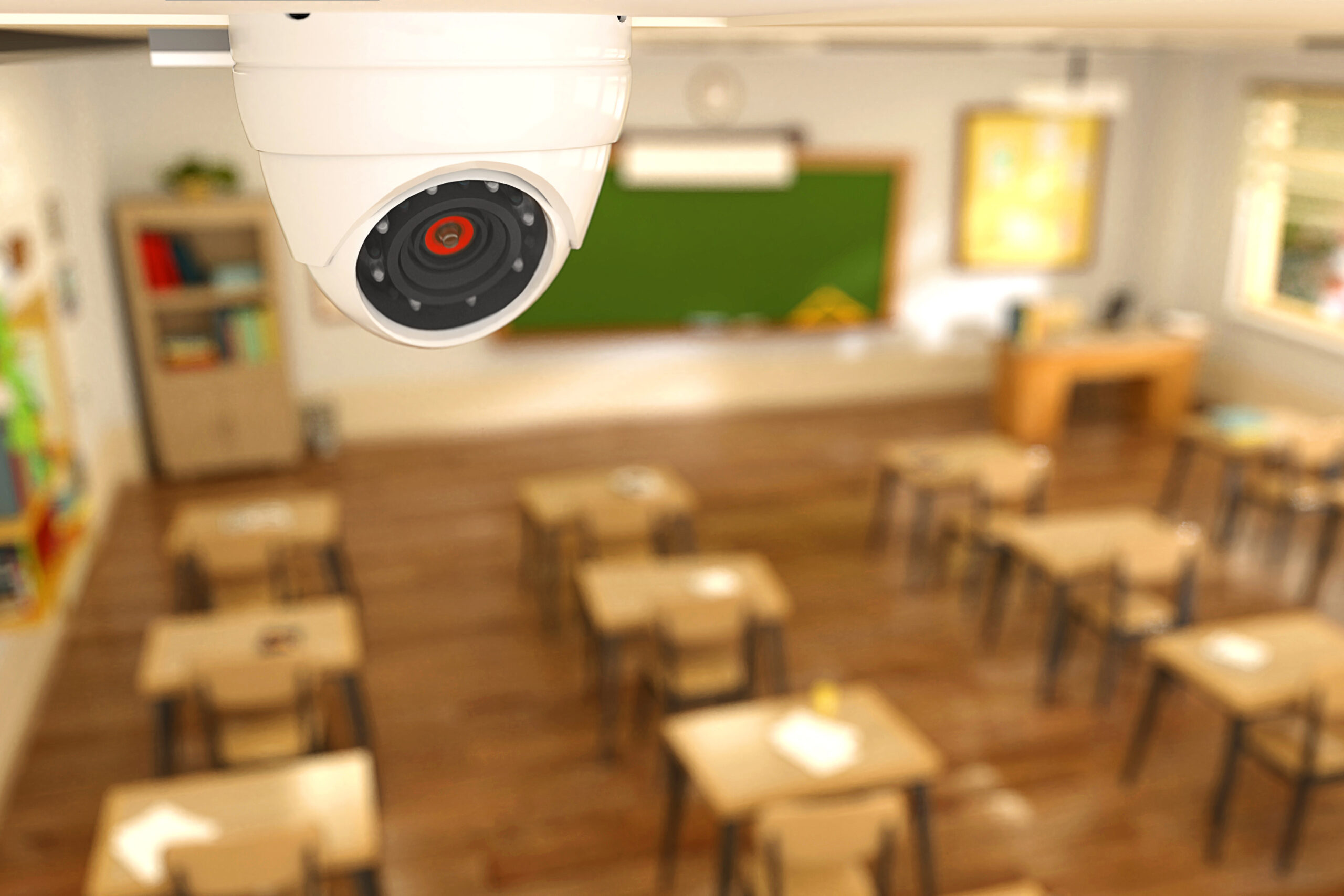COVID-19: Do You Have Liability?
Lawmakers are looking into legislation to shield employers against unreasonable liability due to the COVID-19 pandemic.
While some states have enacted laws shielding business from some liability, guidance varies greatly between jurisdictions regarding which businesses qualify for immunity; which actions or omissions are protected; and how long immunity lasts.
A proposed federal law, the Safe to Work Act, S. 4317, would temporarily protect businesses, nonprofits, health providers and educational institutions that follow public health guidelines. However, the proposed legislation would still hold businesses accountable for willful misconduct and gross negligence.
The federal proposal would apply retroactively to pending coronavirus-related actions through at least Sept. 30, 2024.
Here are some types of COVID-19 liabilities businesses and employers could face in the private sector:
- General Liability: Lawsuits already have been filed by individuals and groups alleging that certain businesses did not follow recommended precautions and therefore failed to protect the public. These lawsuits are difficult to prove since the virus is widespread and the modes of exposure and transmission often are difficult to pinpoint.
- Breach of Contract: Businesses that require pre-payment for services could be sued for failure to pay refunds or reschedule events and services.
- Products Liability: These lawsuits allege that personal protective equipment and/or health and safety products were defective.
- Workers’ Compensation: Employees who say they contracted the coronavirus at work face the same challenges as individuals who are filing general liability lawsuits. They must prove the exposure occurred at work or while the employee was acting on behalf of the employer.
- Medical Care and Diagnostics: Medical malpractice cases may be filed regarding the diagnosis and treatment of coronavirus-infected patients — by physicians, hospitals or labs. Lawsuits are expected against nursing homes for failing to properly diagnose, treat and/or quarantine patients or for failing to enact and enforce proper protocols.
Copyright © 2020 Smarts Publishing
About the Author
Share This Story
Related Blogs
Enhancing School Security: Practical Strategies for Safer Campuses
Enhancing school security is one of the most pressing responsibilities for education leaders today. As school campuses evolve, so too must the systems that protect them. For administrators, safety professionals, and district decision-makers, creating a secure learning environment means taking a proactive, layered approach that includes physical security, training, technology, and community involvement.
5 Common Cybersecurity Mistakes and How to Avoid Them
All organizations, regardless of their size or industry, are at risk of being targeted by cybercriminals. These malicious actors can conduct cyberattacks, leading to significant financial, operational and reputational damage that can be difficult or impossible to recover from. Fortunately, solid cyber hygiene practices can reduce the likelihood of data breaches and other cyber incidents from occurring, and many of these practices are relatively low-cost and easy to implement.
Insurance Coverage Basics For Boatowners
A small boat, such as a canoe or other un-motorized boat, is typically covered under the personal property portion of your homeowners insurance policy. If you own a larger, faster boat, you'll need a separate boatowners insurance policy. A typical boatowners insurance policy is designed to protect your boat, motor, equipment, and passengers. It affords similar coverages to those you typically have for your car including:








